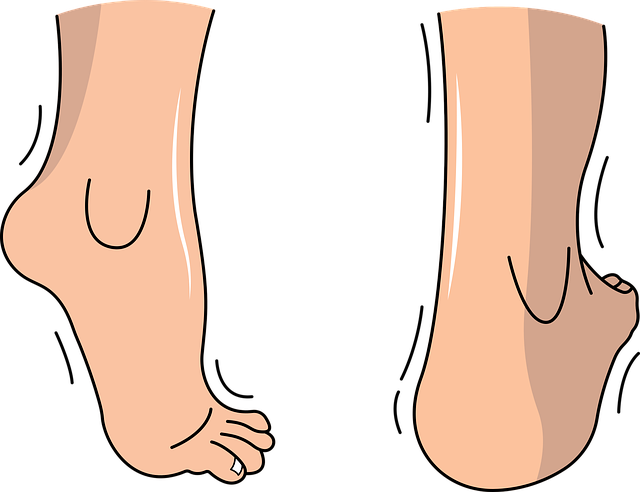Detailed documentation is vital for extending the medical malpractice statute of limitations, especially in complex cases like partnerships or personal injury claims like truck accidents. This process delays filing deadlines, enabling thorough investigations and gathering essential evidence to ensure justice. Understanding global variations and jurisdictional factors, such as case complexity and harm discovery, is crucial for successful claim filing within these timeframes, which may be impacted by insurance coverage disputes. Early consultation with legal professionals and comprehensive documentation maximize extended time frames, particularly in cases involving slip and fall incidents or extensive investigations.
In many jurisdictions, documentation plays a pivotal role in determining the length of a filing window for medical malpractice claims. When proper records are presented, an extended period may be granted, significantly impacting the outcome of potential lawsuits. This article delves into the intricate relationship between documentation and the medical malpractice statute of limitations, offering strategic insights to maximize time frames. By understanding these nuances, legal professionals can navigate complex cases more effectively.
- Understanding Documentation's Role in Filing Windows
- Medical Malpractice Statute of Limitations: Key Considerations
- Strategies to Maximize Extended Time Frames
Understanding Documentation's Role in Filing Windows

Documentation plays a pivotal role in determining the length of a filing window for legal cases, including medical malpractice claims. When it comes to the medical malpractice statute of limitations, or the time period within which a lawsuit must be filed after an injury, detailed and comprehensive documentation can significantly extend this window. Every piece of evidence, record, or report that supports the case’s timeline contributes to a stronger argument for an extended filing period.
In scenarios involving partnership disagreements or complex personal injury cases like truck accident claims, extensive documentation is often necessary. For instance, in a truck accident claim, documenting every aspect of the incident—from initial reports to witness statements and expert opinions—can help delay the statute of limitations, allowing for a thorough investigation and gathering of relevant evidence. This process ensures that justice can be served, even in cases with intricate details and multiple parties involved.
Medical Malpractice Statute of Limitations: Key Considerations

The Medical Malpractice Statute of Limitations varies across jurisdictions, but it generally sets a time frame within which individuals must file claims for medical negligence. Understanding this legal deadline is crucial when considering pursuing a case, especially in complex scenarios like slip and fall settlements or nursing home abuse cases. The statute aims to ensure that healthcare providers are protected from outdated allegations and encourages prompt resolution of disputes.
Key considerations include the type of malpractice, the jurisdiction where the incident occurred, and when the patient discovered or should have reasonably discovered the harm. For instance, in some regions, the time frame starts from the date of injury or its discovery, while in others, it may be extended if there’s been a delay in diagnosis. Insurance coverage disputes can also impact filing timelines, as policies often have specific periods for reporting and settling claims, including medical malpractice cases.
Strategies to Maximize Extended Time Frames

Extending the filing window for legal claims can be a strategic advantage, especially in complex cases like medical malpractice. When navigating the medical malpractice statute of limitations, understanding how to maximize this extended time frame is crucial. One key strategy is to gather comprehensive documentation from the outset. This includes medical records, expert opinions, and any evidence related to the incident, such as police reports or witness statements.
Promptly securing a personal injury consultation with experienced legal professionals can help clients understand their rights and the complexities of their case. These experts can guide them through the process, ensuring that all necessary steps are taken within the extended window. For instance, in cases involving truck accidents or slip and fall incidents, where investigations may be extensive, having a dedicated team to manage timelines and gather evidence is essential to securing compensation.
In navigating the complexities of the medical malpractice statute of limitations, understanding and utilizing documentation effectively can significantly extend filing windows. By leveraging detailed records and adhering to strategic approaches, individuals have a stronger chance to pursue justice within expanded timeframes. Remember that each case is unique, so consulting legal experts is crucial for tailored guidance based on specific circumstances.






